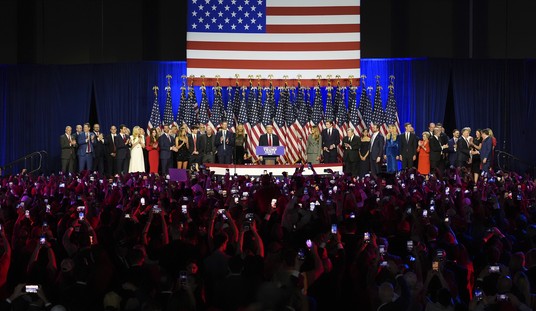In the aftermath of the collapse of the Soviet Union in 1989, the so-called “end of history,” as proclaimed by international relations scholars, left the United States as the sole remaining superpower and global hegemon.
In the same period, “retired” CIA chief turned president, George Bush, announced a grand vision to transform the global chess board into a “New World Order,” by which he meant a global utopia of nation-states subverted and consolidated under the umbrella of a single, ubiquitous governing authority for the alleged benefit of mankind:
What is at stake is more than one small country. It is a big idea — a New World Order, where diverse nations are drawn together in common cause, to achieve the universal aspirations of mankind.
—George Bush, 1991
In other speeches, Bush made clear that the creation of the New World Order specifically entailed vesting authority in international affairs in the UN and divesting it from the nation-state:
One can argue the degree to which the New World Order has manifested in reality, but it was always the neoliberal vision of the future.When we are successful, and we will be, we have a real chance at this New World Order, an order in which a credible United Nations can use its peacekeeping role to fulfill the promise and vision of the UN’s founders.
In any case, it turns out that 1989 was not, in fact, the beginning of the “end of history,” and the global landscape has evolved markedly since, for better or worse.
Related: Politicians and Multinational CEOs Created America's Top Geopolitical Menace
Neoliberalism and neoconservatism — in many ways, two sides of the same globalist coin — haven’t fared well in the Trump 47 administration, even compared to the president’s first term, in which Swamp creatures like John Bolton and Mike Pompeo wormed their way into the cabinet.
The neocons have nearly all been purged, and, as a consequence, the second administration has taken on a notably different tone vis-à-vis foreign policy.
For decades, on state visits, neoliberals have paid lip service to promoting “human rights” and “spreading democracy,” utterances ripe with hypocrisy and deceit, while neoconservatives have beat the war drums to try to maintain America’s status as a global hegemon with the proverbial sword.
Rather than neoconservative delusions of maintaining an unsustainable global empire at the barrel of a gun under the guise of promoting democracy, or erecting a kind of supranational global governance via neoliberalism, Trump’s simple foreign policy appears to boil down to one Big, Beautiful concept: transactionalism.
He is a business guy, after all.
Via WhiteHouse.gov (emphasis added)
One mustn’t necessarily suffer under any illusions about the benevolence of the Saudi monarchy — and, having lived in Saudi Arabia, as detailed in my recently republished book, "Broken English Teacher: Notes From Exile," I don’t — to conclude that waging political revolutions there or anywhere else is not, and shouldn’t be, in America’s purview.Before our eyes a new generation of leaders is transcending the ancient conflicts of tired divisions of the past and forging a future where the Middle East is defined by commerce, not chaos; where it exports technology, not terrorism; and where people of different nations, religions, and creeds are building cities together, not bombing each other out of existence…
This great transformation has not come from Western interventionists … giving you lectures on how to live or how to govern your own affairs. No, the gleaming marvels of Riyadh and Abu Dhabi were not created by the so-called ‘nation-builders,’ ‘neo-cons,’ or ‘liberal non-profits,’ like those who spent trillions failing to develop Kabul and Baghdad, so many other cities. Instead, the birth of a modern Middle East has been brought about by the people of the region themselves … developing your own sovereign countries, pursuing your own unique visions, and charting your own destinies…
In the end, the so-called ‘nation-builders’ wrecked far more nations than they built — and the interventionists were intervening in complex societies that they did not even understand themselves.
For America to truly live up to its professed fidelity to democracy, it would leave all decisions regarding governance of the nation-state to the citizens of that nation-state — i.e., the Saudi people — and, in the process, avert all “entangling alliances” as the Founders warned of.
In the meantime, while one can hope from afar that decent and responsible governance prevails all across the world, there is no reason for the United States to not make bilateral business deals that benefit both economies, in the American national interest, with whatever state authority exists at the time.
Sanctions, often the first tool deployed to try to force political reform in nominally sovereign countries in the name of human rights or whatever pretext, almost invariably hurt the local population far more than they hurt the regime — while costing the United States a potentially lucrative trading partner.
Madeline Albright, for instance, Clinton’s State Department head, gladly instituted a brutal sanctions regime back in the '90s that killed upwards of 500,000 children — and for what? For Iraq to turn later, after an ill-conceived invasion and occupation and hundreds of billions of American dollars squandered, to merely be turned over to ISIS?
Salute to Donald Trump for not continuing the unfruitful and often downright evil foreign policies of administrations past, Republican and Democrat.









